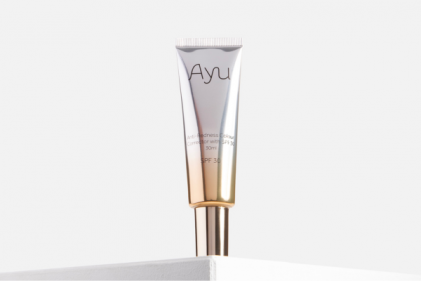Considering the battle that’s sometimes involved in getting a baby or toddler medicine, it’s no wonder some parents can’t wait to start giving their children chewable medicine! However, experts agree that it’s not until your child is two years old that they are able to take chewable medicines safely.
Some children take to chewables easily, while others will resist. You should also remember that dosages vary, and you should make sure that you get the right chewable medicine for your child’s age and weight.
If your child does not like chewable medicine either, there are other options, like fast dissolving medicines. Then there is the option of crushing the tablets, and mixing them with food. (Check with your doctor first, as some medicines react badly to foods.)
Before two years old, chewable medicines, particularly hard ones, can pose a choking hazard, so it’s best not to try them too soon. Stick to liquids, and get your pharmacist to flavour them if possible. You could also try following bad tasting medicine with water or juice, but again, check with your doctor.
Some children take to chewables easily, while others will resist. You should also remember that dosages vary, and you should make sure that you get the right chewable medicine for your child’s age and weight.
If your child does not like chewable medicine either, there are other options, like fast dissolving medicines. Then there is the option of crushing the tablets, and mixing them with food. (Check with your doctor first, as some medicines react badly to foods.)
Before two years old, chewable medicines, particularly hard ones, can pose a choking hazard, so it’s best not to try them too soon. Stick to liquids, and get your pharmacist to flavour them if possible. You could also try following bad tasting medicine with water or juice, but again, check with your doctor.











